The iconic Melbourne International Film Festival returns this August 5-22 to celebrate its 69th year. After 2020’s MIFF was taken online (due to lockdown restrictions), the festival returns to Melbourne’s cinemas – and our homes – to celebrate independent film in 2021.
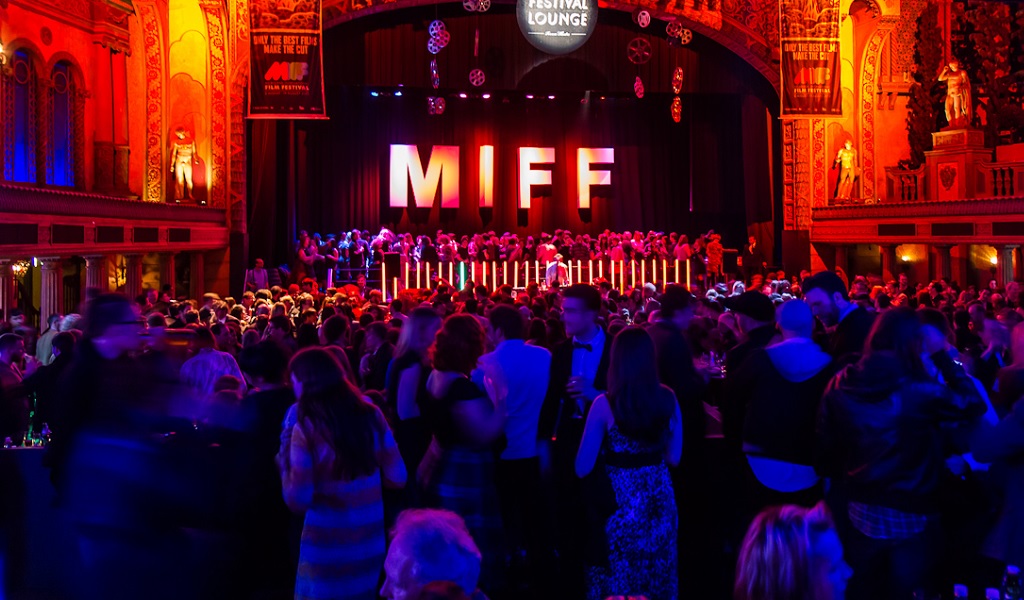
Since the beginning of the pandemic, both the Melbourne International Film Festival and the Sydney Film Festival have been subject to cancellation. Last year, both events occurred virtually; providing a lacklustre experience for fans, devoid of the magic of their physical counterparts. With fresh coronavirus cases reaching triple digits in NSW recently, things look bleak for Sydney’s August festival. But for the Melbourne International Film Festival – which kicks off on August 5 – the horizon looks clear. The MIFF lineup includes 283 films, containing 40 world debuts and 154 Australian premieres. The programme also includes international prize winners and various special events.
Here are some of our highlights for MIFF 2021.
The Drover’s Wife
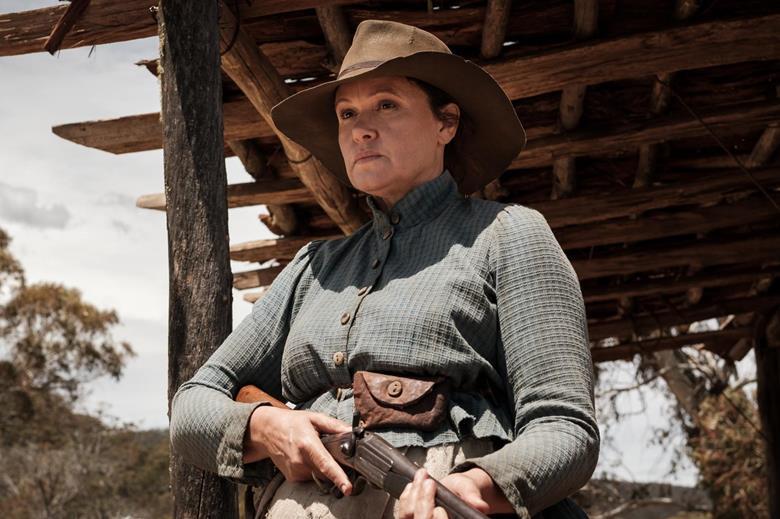
MIFF opens up the celebrations with the first-ever Opening Night to feature a female, Indigenous director. The Drover’s Wife: The Legend of Molly Johnson, by Leah Purcell, is the third instalment of a multi-format trilogy. The 95-minute feature is based on Henry Lawson’s 1892 short story of the same name. Leah Purcell directs, stars in and writes this Outback vengeance thriller, based on her own stage-play of a 19th-century tale.
The Drover’s Wife is a relentless Western, offering a full-throttle reckoning with Australia’s colonial heritage. The film provides fresh engagement of the country’s most famous cinematic themes, inspired by Australia’s history of racial discrimination. The atmospheric revenge-thriller marks the feature filmmaking debut of actor/writer/director Leah Purcell, who plays the titular matriarch with steely resolve. Purcell delivers a passionate film, resulting in an unflinching tale of Indigenous and feminist plight.
Language Lessons

Natalie Morales Directs a Romcom for the Zoom Era in Language Lessons. Morales collaborates with co-writer and co-star Mark Duplass on a friendship study that, although not explicitly about quarantine, is influenced by it. Throughout the film’s production, cast and crew were limited by lockdowns, quarantines, and social distancing precautions. The resulting “Zoom film,” is the genre to which Natalie Morales’ new drama belongs. It depicts the story of a platonic friendship between a Costa-Rican Spanish instructor (Morales) and her new Californian student (co-writer Mark Duplass). When he is forced to face tremendous trauma, their bond grows stronger.
“It’s the amiable, spontaneous rapport between the two actor-writers that tides “Language Lessons” through its moments of contrivance, and lends ballast to a film that (practically by design) serves up little of grand cinematic interest.”
Source: Variety
Language Lessons is an unmistakable quarantine-era production. It has a two-actor, two-location, two-screen structure which serves as a paradigm for what can be achieved during quarantine. COVID restrictions play no role in Morales and Duplass’ free-flowing, inevitably talky script, however. The film is a SXSW winner and marks the directing debut of Natalie Morales.
Annette
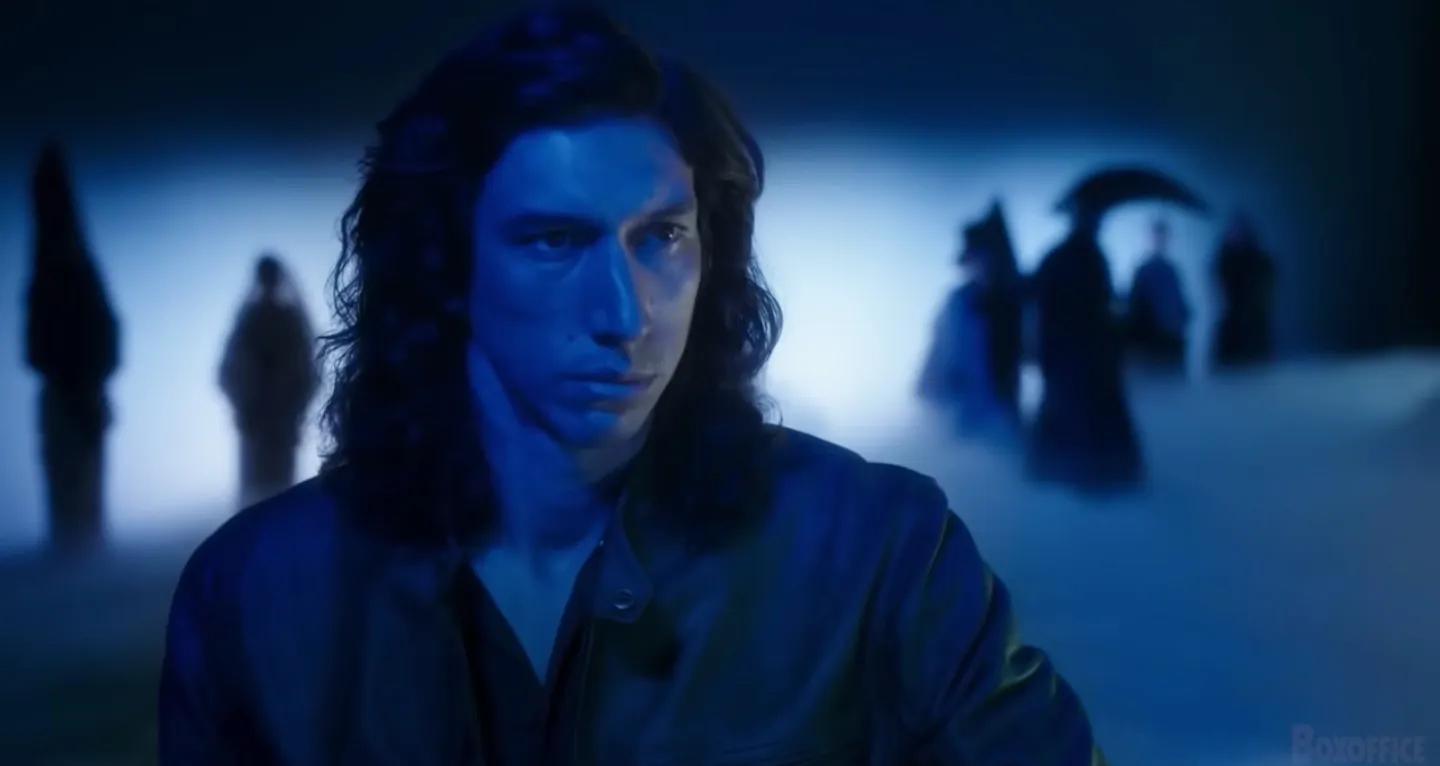
Adam Driver gives an outstanding performance in this unusual new film from French filmmaker Leos Carax, whom Peter Bradshaw describes as,
“the sly anarchist of French cinema whose excursions are unfortunately few and far between.”
Source: The Guardian
Carax directs this musical collaboration with the Sparks brothers about a misanthropic stand-up comic (Driver) and an operatic diva (Marion Cotillard). The film is a bizarre, avant-garde rock opera directed by Leos Carax, whose former works include The Lovers on the Bridge and the hilarious Holy Motors.
The first hour of the film depicts the disintegrating relationship of two performers, as a woman’s career rises and a man’s career declines. This is when the on-screen action becomes a little stranger. Driver plays Henry McHenry, a cynical comic who prefers to perform his misanthropic stand-up act, The Ape of God, in a dressing gown and slippers. Cotillard portrays his lover, Ann, an opera diva who is far too good for him. Henry and Ann eventually go on to marry and produce a child, Annette; who happens to be a terrifying, Chucky-like wooden puppet with the heart of ET, The Extra Terrestrial.
Nitram
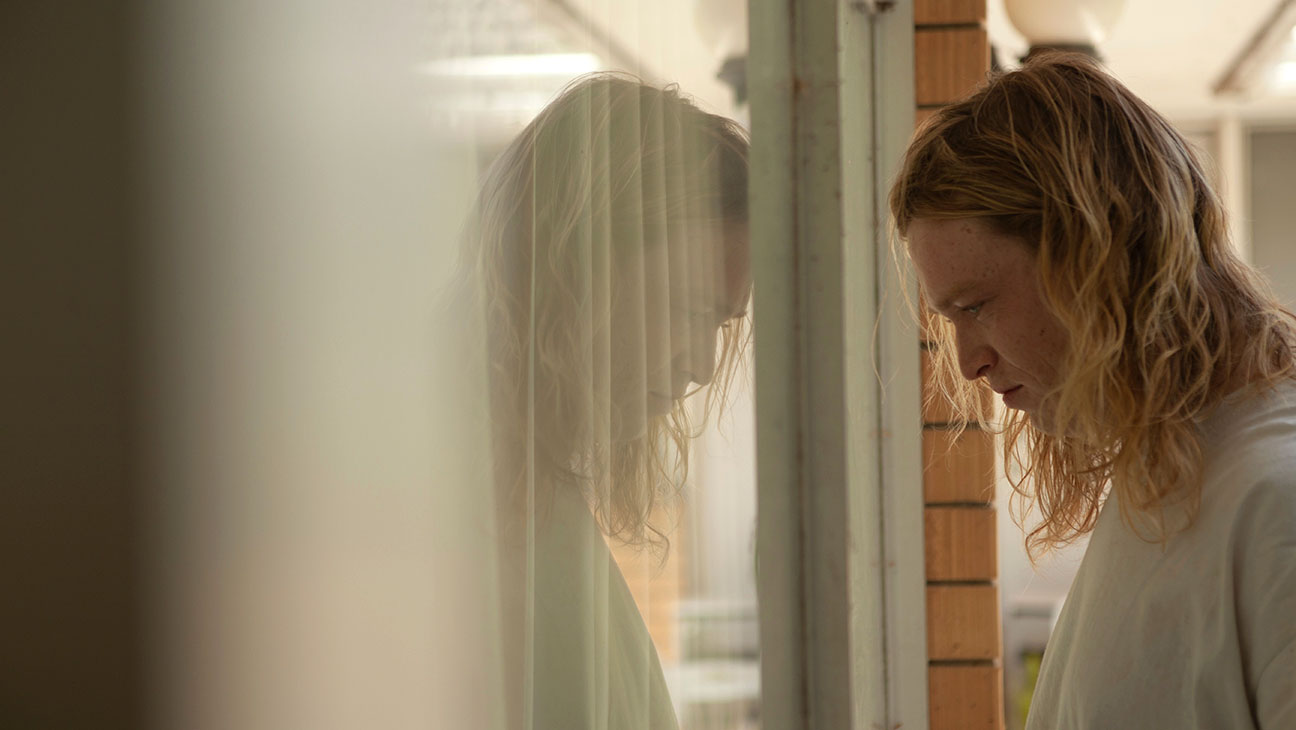
Justin Kurzel first hit the scene 10 years ago with his horrific debut, Snowtown (also known as The Snowtown Murders), which describes the atrocities of a prominent 1990s Australian serial killer. This year, Kurzel returns to the country’s true-crime hall of fame with his fifth offering, Nitram.
The film chronicles the events leading up to the 1996 Tasmanian Port Arthur massacre. Director Justin Kurzel avoids portraying the Port Arthur massacre itself, but superb performances ensure that it remains a deeply disturbing drama. Martin Bryant, an unstable young Tasmanian man, shot and murdered 35 people at a tourist attraction in 1996, using a lawfully purchased semi-automatic weapon. Allegedly, Bryant found his motivation in the UK’s Dunblane massacre one month prior to the event. Kurzel and screenwriter Shaun Grant have dramatised Bryant’s dysfunctional home situation, as well as the odd turns his life took in the months preceding the shooting.
Other Notable Features
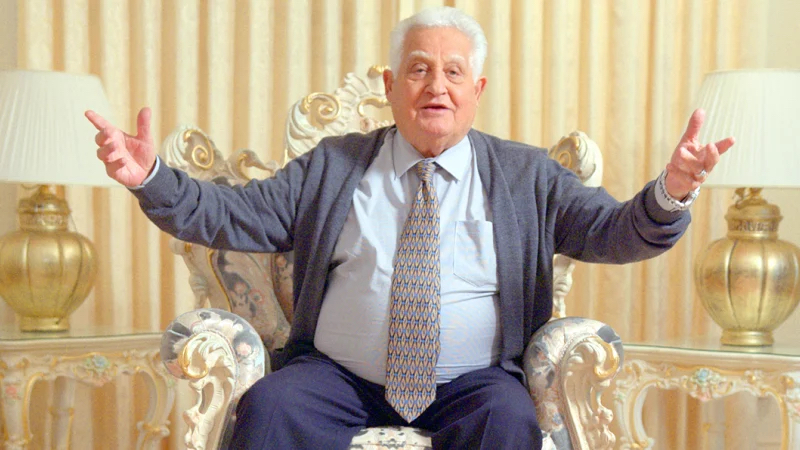
Other projects of interest include Anonymous Club, a documentary starring Courtney Barnett, a notoriously timid Melbourne musician. Anonymous Club is named after a song on Barnett’s 2013 EP How to Carve a Carrot into a Rose. The doco-feature provides an intimate glimpse inside the mind of one of Australia’s greatest contemporary songwriters.
Palazzo Di Cozzo features Aussie legend, furniture entrepreneur Franco Cozzo. The documentary explores the endearing story of one of Melbourne’s most renowned personalities.
Quo Vadis, Aida?, is a war film by Bosnian filmmaker Jasmila bani (Grbavica), following a UN interpreter in the small Bosnian town of Srebrenica. The film is praised for telling a horrific and demanding narrative.
Pedro Almodóvar (Pain and Glory) also returns to MIFF, this time with The Human Voice, a short film starring Tilda Swinton.
The Digital Platform
While the majority of these screenings take place in theatres, the festival has expanded its offering to include its at-home viewers. MIFF Play is the festival’s new digital platform, where spectators may watch individual screenings. MIFF’s website contains the entire lineup (which includes late-announcements). Check out the official MIFF site HERE.
Subscribe to FIB’s Weekly Breaking News Report for your weekly dose of music, fashion and pop culture news!






